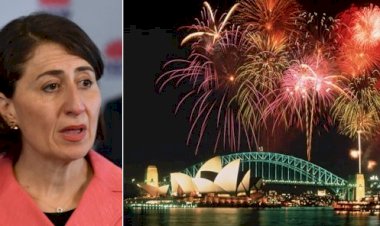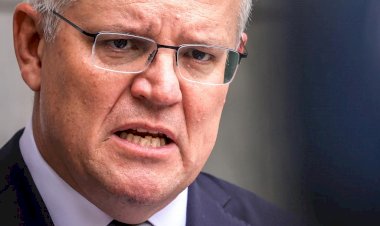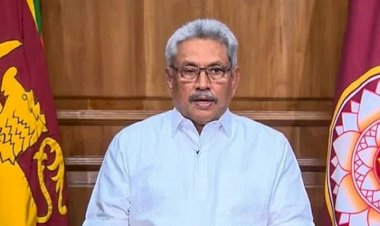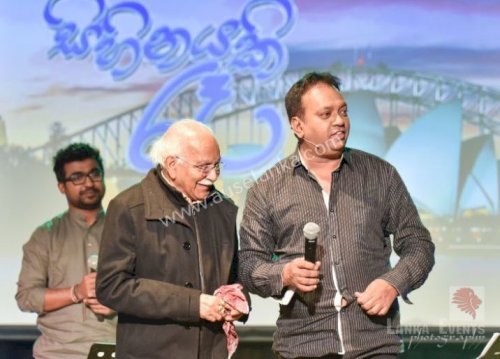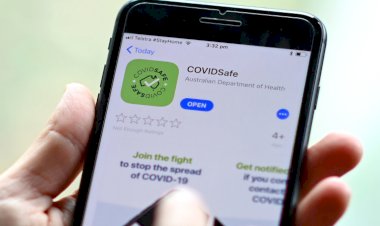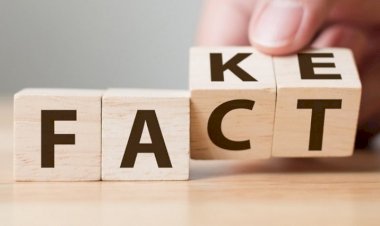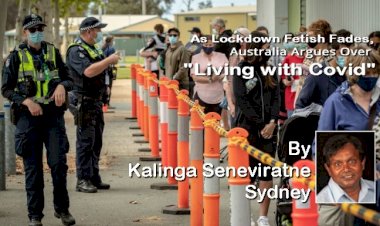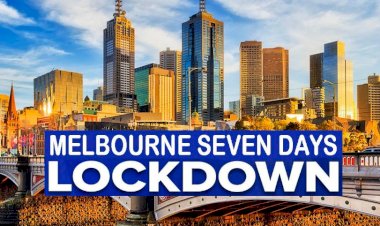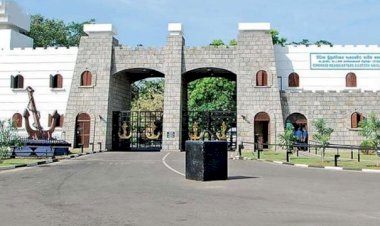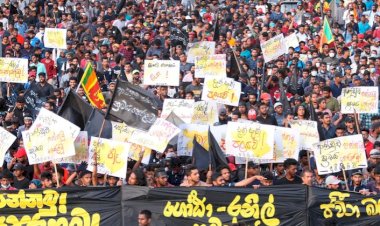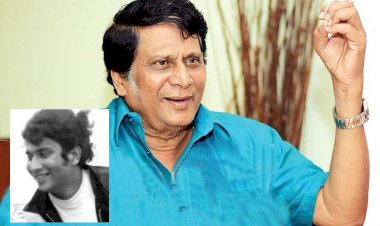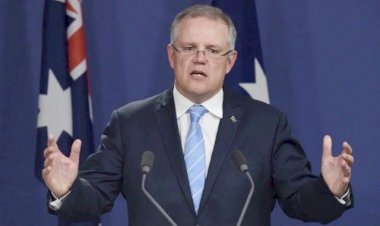Alarming increase in Delta variant and deaths mounting in Sri Lanka
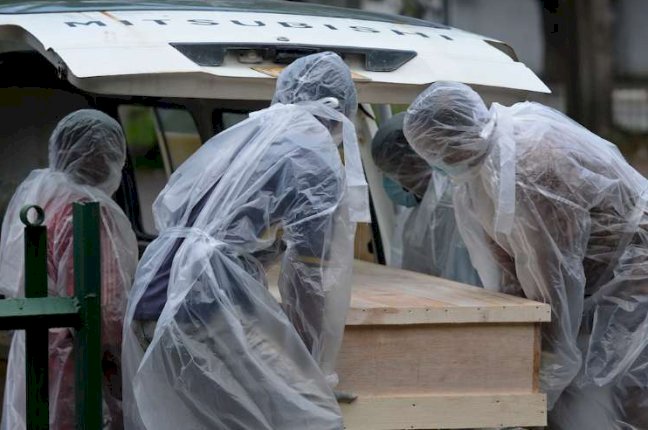
There is an alarming increase in daily COVID-19 positive cases in Sri Lanka and deaths are on the rise. Over 5,000 people have died so far, a vast majority of whom perished in the third wave which began in mid-April, after the restrictions relaxed for traditional Sinhala & Tami New Year holidays.
Daily virus infections in the country have doubled in a month to more than 2,500 with nearly 100 deaths, putting a huge strain on hospitals.
Secretary of the Government Medical Officers Forum, Dr. Kamal A. Perera said due to the vast spread of COVID delta variant, the number of patients who depend on oxygen has been increased and the patients' capacity has reached unbearable for the hospital system.
With the world COVID pandemic situation, our country is now facing the worst situation, Dr. Perera said.
"It should be admitted that the number of COVID infected people in the community is higher than the number of positive cases reported daily. Though the vaccines are slowing down COVID mortalities, the rapid spread of the virus is increasing. We started the vaccination programme very late, but the number of people who are being vaccinated look very healthy. The vaccination programme should be streamlined with new targets, "Dr. Perera said.
Leading epidemiologist and experts in Sri Lanka also predicting a grim outlook, unless the authorities take immediate action to drastically change strategy and ramp up testing.
The Sri Lanka’s vaccine rollout, however, has been encouraging. According to Health Services Deputy Director Dr Hemantha Herath, the authorities have met 94% of its target in the over-30 age category.
However director of the Institute for Health Policy,Dr Ravindra Rannan-Eliya is not optimistic. He told to a media on Monday afternoon that the situation in Sri Lanka is “definitely getting worse”.
“Vaccination has far to go. Even when it reaches its stated goals—which will take until early 2022 at the earliest – it will not be sufficient to control transmission, as the vaccines we are using are not good enough to reduce transmission with delta,” he said.
“We can see this clearly in Israel, which has high levels of Pfizer vaccination, but is now seeing a rising death toll. Most likely over 3,000 people are dying of COVID-19 now each month. Hospitals are overwhelmed in both public and private sectors, and the government seems to have given up trying to control the virus or making any serious attempt to prevent new variants being imported,” he said.
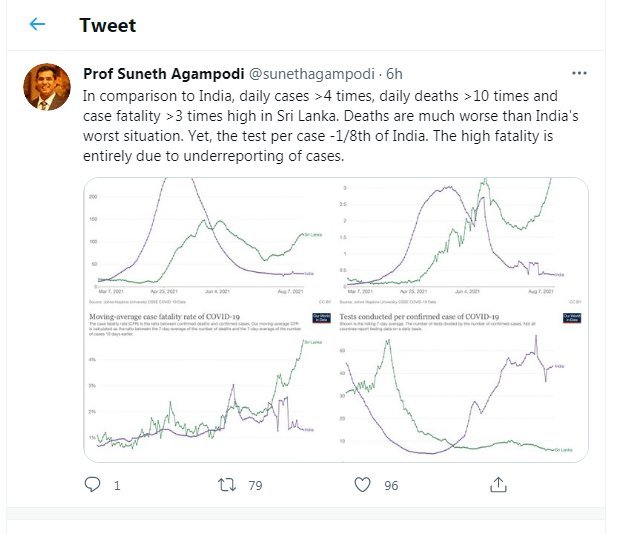
Meanwhile Rajarata University Medicine Faculty Prof. Suneth Angampodi tweeted saying that the number of daily COVID positive cases reported from Sri Lanka is four times higher than the cases reported from India and The number of COVID deaths reported in Sri Lanka is 10 times higher than the COVID deaths reported from India.
If restrictions on people’s movement are not placed with immediate effect, the battle against the Delta variant will peak in three to four weeks, causing more havoc while some other medical experts say, it may result in the collapse of the health sector which is already exhausted, Professor Suneth Agampodi said.
Professor Agampodi also said that while the earlier COVID-19 waves witnessed in Sri Lanka were fought on the field, in this battle, the war has shifted to hospitals and this was a serious issue.
“What is happening right now is that when we are getting a large number of patients, it exceeds our capacity in hospitals. It is not only about bed availability, but all other resources are also needed as well as human resources to manage these patients. Even though official reports say there is a particular number of beds available, in many hospitals, there are floor patients as well. Several more patients have to share one bed and in some hospitals, there are 3 to 4 patients per bed,” the Professor said.
Dr Rannan-Eliya, however, is not convinced that a lockdown is the answer.
“A lockdown is not enough to control delta. I think other “experts” and the Ministry of Health made terrible mistake to push for the last lockdown promising it was a panacea that would stop much of the transmission within 14 days, instead of emphasising that testing, tracing and isolation had to be the first line of control,” he said
The government last Friday (06) decided not to opt for a lockdown, ignoring calls from the Sri Lanka Medical Associations and other experts for tightened travel restrictions in the face of rising delta cases. Public Health Inspectors warned that if the spread of the virus was not contained, Sri Lanka’s health service would collapse in two weeks.




 mode1
mode1 






